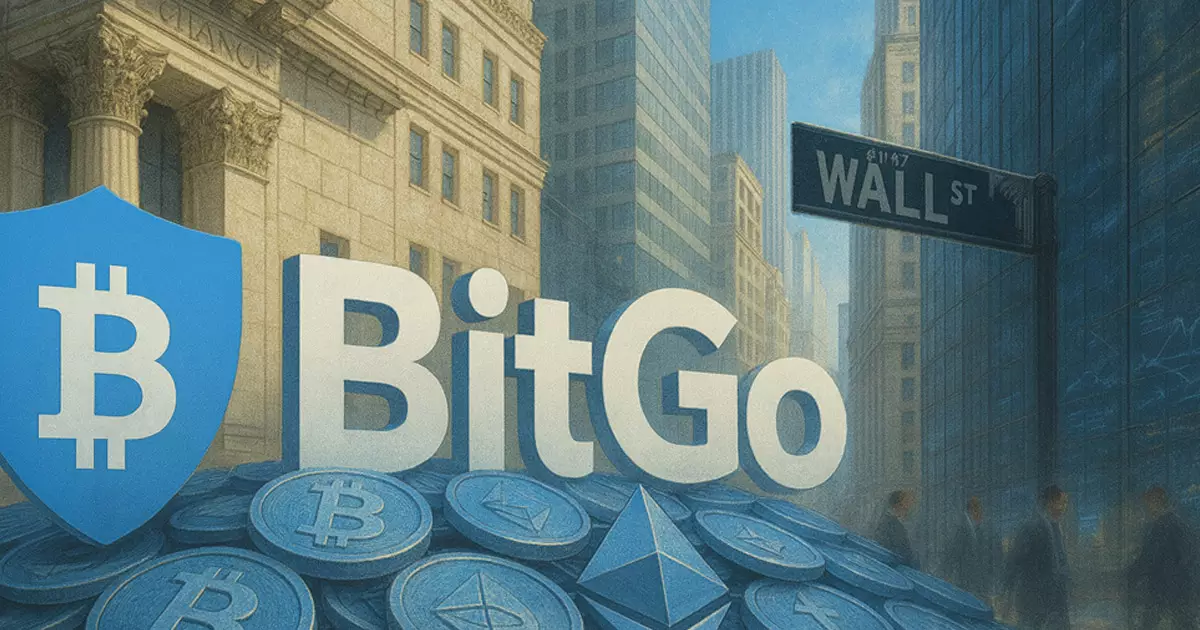BitGo’s decision to file confidential paperwork with the SEC for a potential IPO has sparked a mix of skepticism and cautious optimism within the financial community. On one side, it signals a revolutionary shift—crypto firms gradually crossing the boundary into mainstream finance, seeking legitimacy, and aiming to attract institutional investors who have long viewed digital assets with suspicion. However, this move also exposes vulnerabilities inherent in the sector’s nascent regulatory framework, raising questions about whether such companies are truly prepared for the sharp scrutiny that comes with Wall Street or merely chasing hype built on a rapidly overheated market.
While the company’s ventures into European and U.S. regulatory landscapes seem promising, they also underscore a fundamental paradox. On one hand, compliance efforts like obtaining EU-wide approval under the MiCA framework indicate a level of maturity and strategic foresight. On the other, these regulatory endeavors are often more about reassuring investors than resolving the true complexity of overseeing digital assets. The attempt to secure a national bank charter in the U.S. further reveals the desire to embed crypto within traditional banking but also hints at a lingering uncertainty about whether this industry can truly reconcile the decentralization ethos with central regulatory power.
The Market Reality: Riding a Bubble or Building Foundations?
Investor enthusiasm around the potential of a crypto IPO is palpable, especially with Bitcoin’s recent surge past $120,000 and a steady flow of institutional capital into blockchain assets. Yet, beneath this apparent momentum lies a fragile confidence—one that is susceptible to sharp reversals should regulatory policies tighten or market sentiment sour. BitGo’s valuation at $1.75 billion in 2023, with a notable $100 million funding round, exemplifies how exuberant investors have become about digital asset infrastructure companies. But does this inflated valuation reflect solid fundamentals or speculative fever?
The timing of these moves appears carefully orchestrated to capitalize on the current climate of renewed optimism. Still, the sector remains one misstep away from a correction that could wipe out years of gains. The optimism surrounding mainstream acceptance is increasingly built on fragile ground, with regulatory uncertainties and market volatility acting as ever-present threats. For a company like BitGo, bridging the gap between innovative service provider and legitimate financial entity requires more than just regulatory approvals; it demands a sustainable business model rooted in actual demand and capacity to adapt to changing rules.
Are Crypto Firms Facing a Reckoning or a Renaissance?
In some ways, BitGo’s cautious approach—filing confidentially, seeking broad regulatory approval, and preparing for a public listing—reflects a pivotal moment in the industry: a fight for survival in a landscape still riddled with uncertainties. The sector’s push towards maturity is undeniable, but whether it will lead to genuine stability or collapse under the weight of inflated expectations remains to be seen.
Unlocking the door to public markets could prove transformative, granting crypto firms access to capital markets that demand transparency and accountability. Yet, this transformation also invites harsh scrutiny and the potential for regulatory clampdowns that might stifle innovation rather than foster it. Underlying all these developments is a fundamental question: can the industry truly evolve beyond its counterculture roots to become a responsible, regulated part of the financial ecosystem, or will it capitulate to the pressures and pitfalls of hype and speculation?
In the end, BitGo’s IPO endeavor epitomizes the tension at the heart of crypto’s future—caught between the allure of mainstream acceptance and the risk of inevitable disillusionment. Whether this move heralds a new era of legitimacy or exposes the sector’s fragile underbelly remains the critically unanswered question.
















Leave a Reply